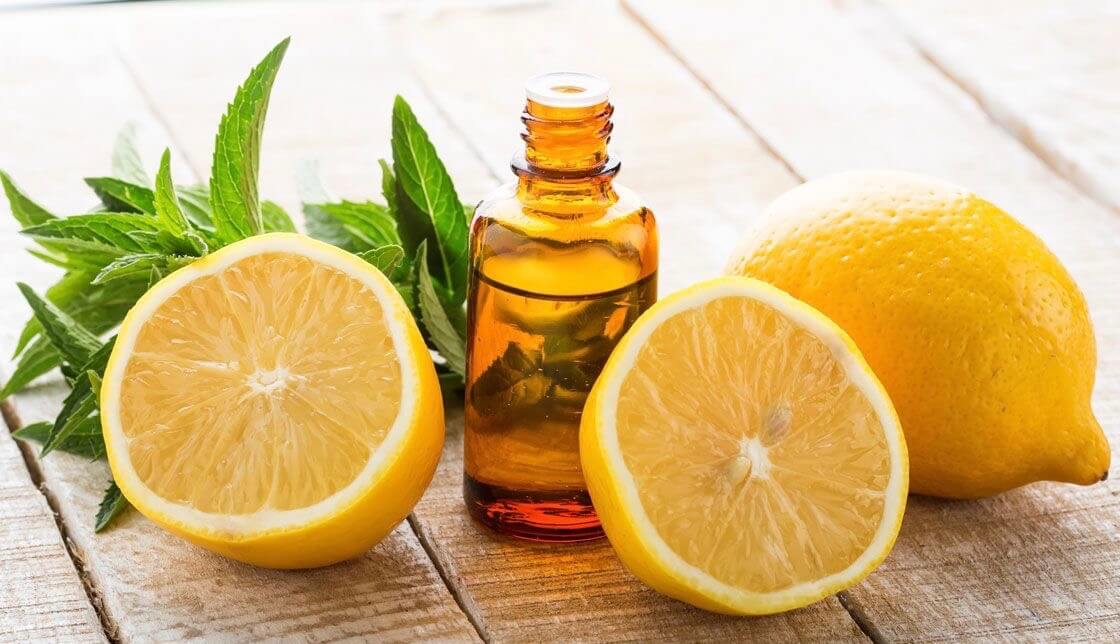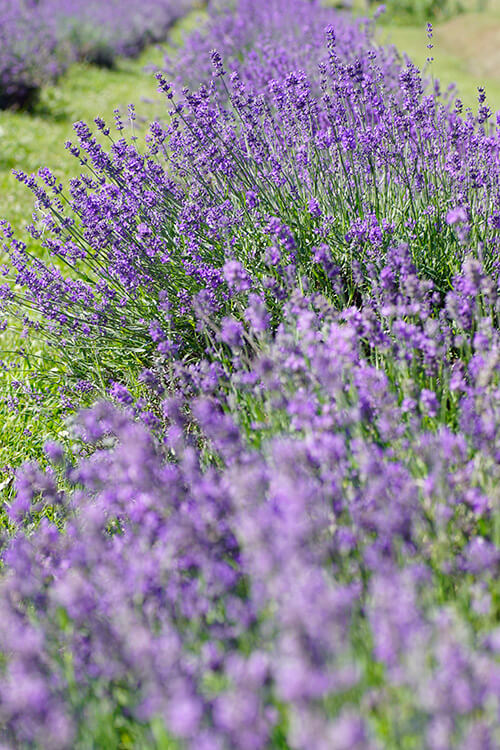As proud members of Oregon Tilth (Organic Certification & Sustainable Agriculture) and the Organic Trade Association (OTA), we abide by every industry governance, certification and code of ethics, and our manufacturing process is fully certified, providing you with complete confidence in our natural fragrance creations.
Alpha Organic fragrances offer an alternative approach to a wide-variety of scented product applications including personal care, beauty and cosmetic products. Our distinctive fragrances are created from our extraordinary fragrance palette of safe and pure natural ingredients and exceptional ingredients to inspire consumers while protecting the environment.
Contact us to learn more about our exciting organic scent profiles and lingering aromatic signatures associated with all types of applications.
 alpha aromatics®
alpha aromatics®
